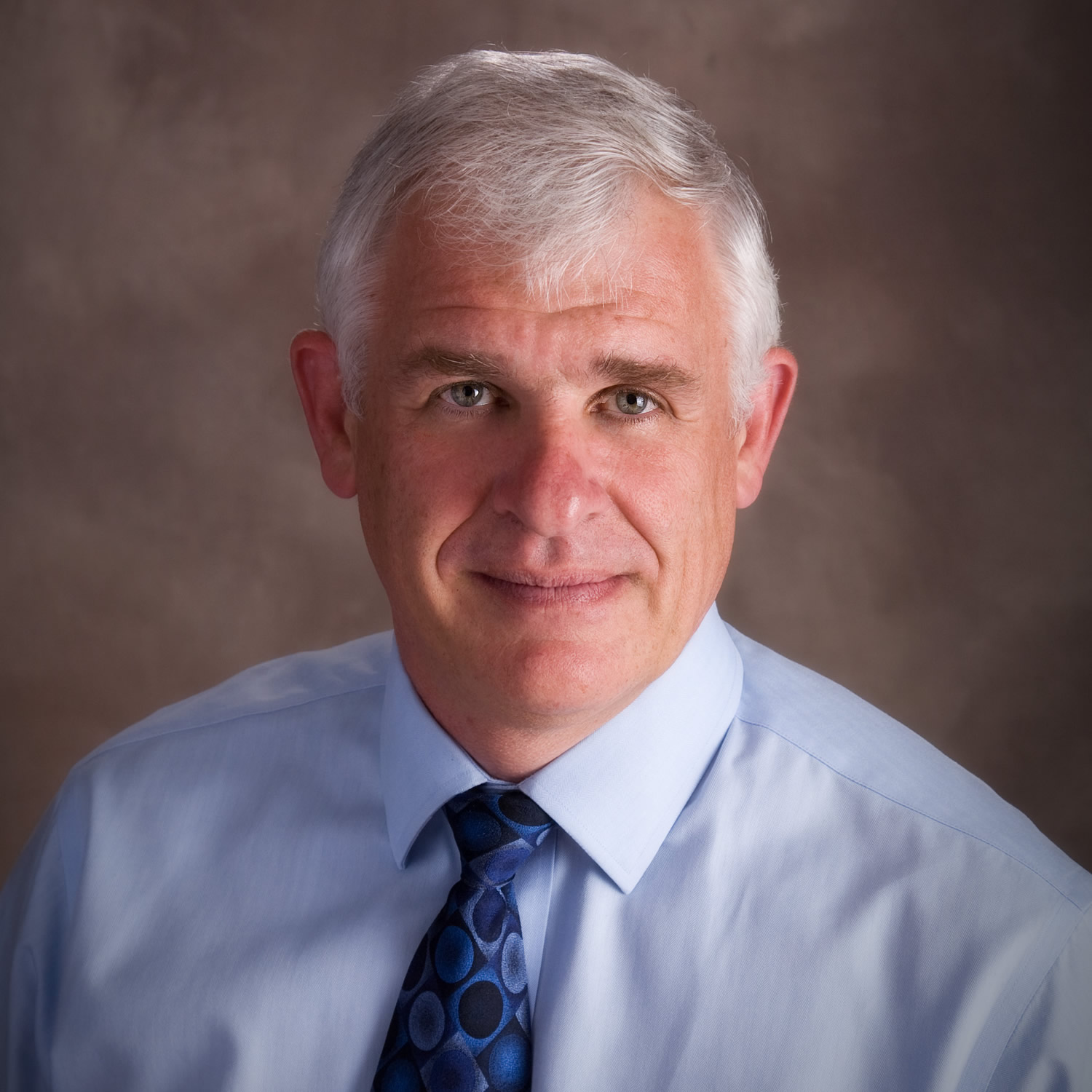Can Reframing Old Business Beliefs Drive Employee Engagement?

So states Susan Fowler in her latest book "Why motivating People Doesn't Work and What Does" (2014). In essence, Ms. Fowler argues that each of us has an innate desire to grow, develop and flourish. We are born motivated. The role of a leader therefore is not to dangle all sorts of carrots and sticks before people but to create a work environment where people naturally thrive and flourish.
Here are a few of the old 'beliefs' Ms. Fowler says erode workplace motivation. (What instantly struck me was how familiar they are to so many businesses.)
- The purpose of business is to make money: Why does a business exist in the first place? Some say "generate profit for shareholders" while others like Ken Blanchard would say that "profit is the applause you get from creating an optimally motivating environment for your people so they want to take care of your customers". If speeches, processes and behaviors, often at the expense of people, all reinforce the drive for cash the human need for meaning and service is dashed. People want to be associated with the fulfillment of a noble purpose.
- If you can't measure it, it doesn't count: The birth of data-driven decision-making marginalized those who didn't present their views in a flow chart or run chart with neatly drawn upper and lower control limits. "In God we trust..all others bring data" was the tattoo of choice. Mistakes were looked upon with disfavor. As leaders, we must become more comfortable with feelings and hunches born from experience. Lets make sure we support a mix of learning goals as well as performance goals...and check that they are motivational.
- Leadership means wielding power: Our minds tends to associate power with punishment. I've found that those leaders that I would describe as 'great' seldom if ever had to yield their power. They were admired for their humanity... for their connectedness to the needs of the people they served. They were trusted and respected for who they were and not for their lofty position in an organizational chart.
Topics:
Leadership & Careers
Sustainability
Related
About the Author

Alex Pollock
Alex Pollock has been studying leadership effectiveness for more than 30 years. A former leader in environment, health and safety, and public affairs at The Dow Chemical Co., he learned that we all have leadership roles to play. He enjoys discussing new ideas and sharing practical ways we can all become better leaders.

